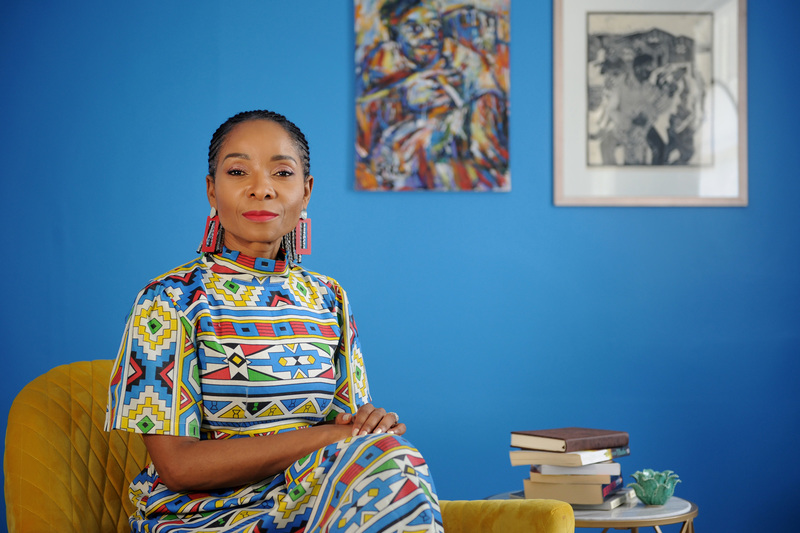Adjustment to compulsory annual leave policy for 2020
14 December 2020 | From Kgethi
Dear colleagues
At the online staff assembly on 13 October 2020, one of the questions the executive received was whether the University of Cape Town (UCT) would formally close on the days of business between 25 December 2020 and 1 January 2021.
The executive gave this question careful consideration. We will continue to acknowledge that 2020 has been an exceptionally difficult year for everybody at UCT and that colleagues continue to demonstrate their commitment in keeping the university project on track. We have also been challenged with the need to balance many factors impacting on the future of the university, including ensuring the financial sustainability of the institution. South Africa’s economic challenges and circumstances as a result of COVID-19 continue to impact on the university and all communities across the country. These concerns will continue to be a primary focus of our institution and campus community as we try to find the optimum balance of economic, environmental and financial sustainability.
In giving this balancing act careful consideration, the executive decided that UCT will not formally close during the last week of December. However, this does not prevent you from using your annual leave over the holiday season, and we encourage you to do so, if it is possible within your area of operation.
As our Chief Operating Officer, Dr Reno Morar, pointed out in a recent message to the campus community, we don’t know what new challenges may surprise us in 2021. We do know that we have survived a very strenuous year. For this reason, we all need to take a physical and mental break, so that we can start the new year on our best possible footing.
The executive also recognises that the decision to extend the 2020 academic year into December may make it difficult for some colleagues to take leave this month. As a result, some of you may be facing the threat of losing compulsory annual leave if you do not use these leave days before the end of this month.
It is important for all staff members to have the opportunity to take a decent break at the end of this year, so the executive has agreed with UCT Human Resources that any compulsory annual leave that was due to fall away at the end of 2020 will be rolled over. As a result, the deadline is now extended until the end of January 2021 for all members of staff. This means that you can choose to take your 2020 compulsory leave next month, without having to submit the usual paperwork to motivate for a rollover of compulsory leave. This management decision was reported to Council at its meeting on 5 December 2020.
If you need an extension of your compulsory leave beyond 31 January 2021, you will be required to submit a motivation to do so, as the normal leave policy will apply after that date.
As exhausting as this year has been, I look back on it with pride, a sense of victory and gratitude to each of you for all the ways you have helped to make this year a success. Although we were forced to be apart physically, the UCT community – students and staff members – worked as a winning team.
We didn’t just experience the pandemic – we investigated it as researchers, debated the issues as academics and responded with compassion, expertise and scholarship to the many needs that it highlighted. Our reach extended to a global audience with our virtual events, public lectures and celebrations, including our virtual graduation events this week. We explored new ways of using the online space – and we will continue to do so in 2021, as we adapt our teaching methodologies to embrace innovative ways of using digital platforms. However, we never forget that it is the quality and determination of our staff that make this university what it is.
As you take your well-deserved, relaxing holiday break, I hope you share the sense of pride I feel for a job well done in 2020, and that you return to UCT with excitement for the victories that lie ahead of us in the new year. Thank you for making it possible.
Sincerely
Professor Mamokgethi Phakeng
Vice-Chancellor
Read previous communications:
 This work is licensed under a Creative Commons Attribution-NoDerivatives 4.0 International License.
This work is licensed under a Creative Commons Attribution-NoDerivatives 4.0 International License.
Please view the republishing articles page for more information.







